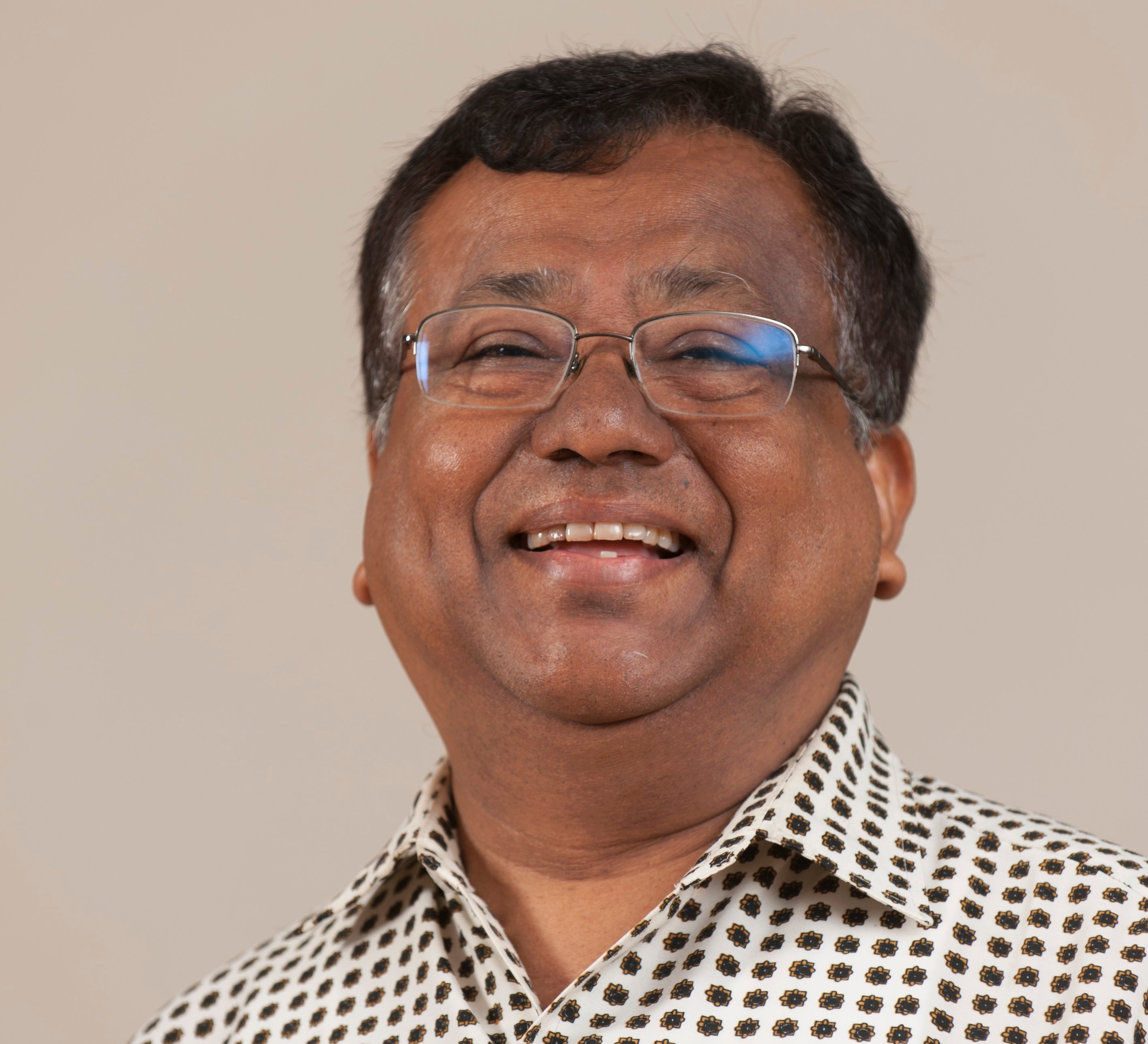This course explores the intricate relationships between climate change, water resources, and food security, with a focus on African women and children's vulnerabilities.
Terms Offered
Spring 2025
Spring 2026
Course Details
This is a collaborative Global Public Health Classroom course with the University of Maryland and the University of Buea, Cameroon. The course explores the intricate relationships between climate change, water resources, and food security, with a focus on African women and children's vulnerabilities. Students will attend live lectures and complete projects in data analysis, project design, and policy evaluation.
Number of credits: 3
How You Will Learn
This is a Global Classrooms Signature Course.
Cultural Connection
Cameroon
General Education Credits
None.
School/College
School of Public Health
Prerequisites & Restrictions
Enrolled in or completed Fundamental Studies Professional Writing. Restriction: Must have completed a minimum of 60 credits.
Faculty Highlight

Abdel-Razak M. Kadry, DVM, Ph.D., DABT
Dr. Abdel-Razak M. Kadry is a former senior science advisor for the Center for Computational Toxicology and Exposure in the Office of Research and Development (ORD) of the United States Environmental protection Agency. His experience in toxicology and risk assessment spans over thirty years and includes academic research, drug safety and efficacy, food safety and environmental risk assessment. For Five years Dr. Kadry worked as the Director of the Integrated Risk Information System (IRIS) at U.S. Environmental Protection Agency (EPA). Abdel joined EPA after serving as the Chief of the Technical Analysis and Evaluation Branch, Risk Assessment Division, Office of Public Health Sciences, Food Safety and Inspection Service, at the U.S. Department of Agriculture (USDA). In addition to his work at USDA, Abdel spent 12 years as a faculty at the University of Medicine and Dentistry of New Jersey, and has published a large volume of peer reviewed journal articles and book chapters. He trained large number of graduate students, postdoctoral fellow and other professionals in the United States and several countries on the principles and applications of toxicological research and risk assessments. Abdel received his Doctor of Veterinary Medicine from Cairo University, Egypt and M.S. and Ph.D. degrees in toxicology from Zagazig University, Egypt. He is certified by both the American Board of Toxicology, and the National Board of Veterinary Medicine. Abdel is an active member of the Society of Toxicology, Society of Risk Analysis and other professional organizations. He is the past president of the Association of Government Toxicologists.
Faculty Highlight

Muhiuddin Haider, Ph.D.
Dr. Muhiuddin Haider is a clinical professor in global health in the University of Maryland School of Public Health’s Institute for Applied Environmental Health. Since 2009, he has been teaching undergraduate courses under the Public Health Science and Global Health Scholars Programs, while also teaching graduate level courses in the Global Health Certificate Program offered through the University of Maryland School of Public Health. In addition to teaching, Dr. Haider is currently a co-investigator in Project HEAL: Health through Early Awareness and Learning, an intervention to increase cancer screening in African American faith-based communities in Prince Georges County, Maryland. He is also the Principal Investigator on a study to assess the U.S. Public Health Service Commissioned Corps Officers’ value to public health.
Tuition & Scholarship
Course costs should be calculated based on the university’s standard tuition and fees for undergraduate students and graduate students.
Students enrolled in winter and summer Global Classrooms courses may be eligible for the International Education Scholarship.
Cancellation and Refunds
Spring and Fall Global Classrooms courses follow UMD's Schedule Adjustment policies.
Questions & Contact Info
For more course information contact Dr. Abdel-Razak Kadry at akadry@umd.edu and Dr. Muhiuddin Haider at mhaider@umd.edu.
For general questions, please contact the Global Classrooms team at globalclassrooms@umd.edu .
